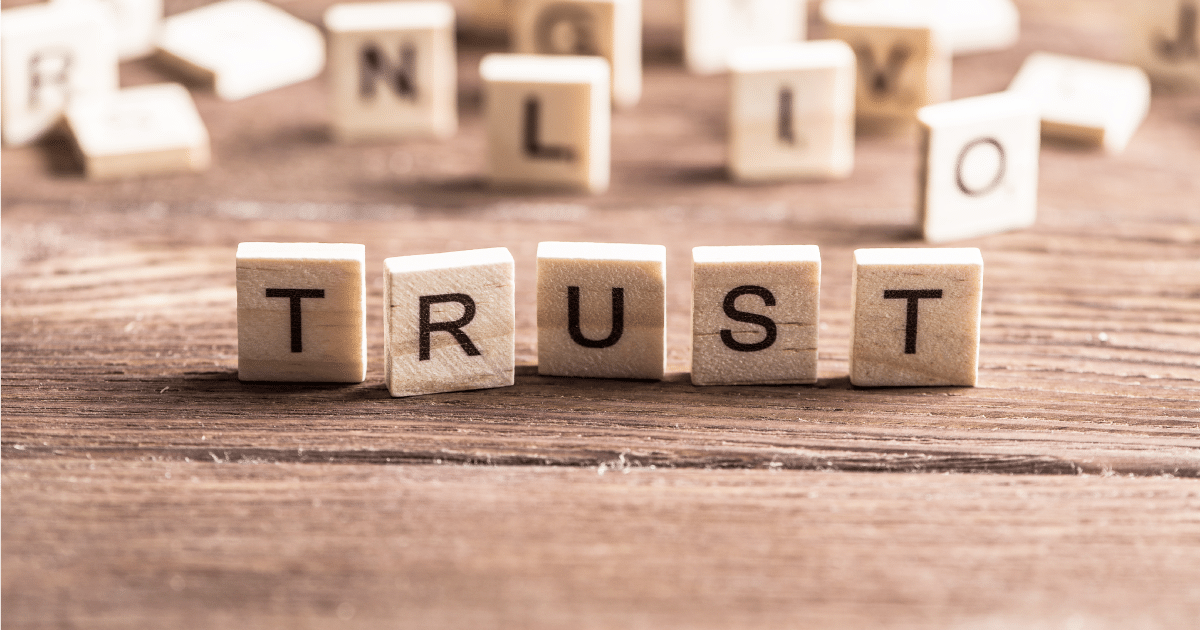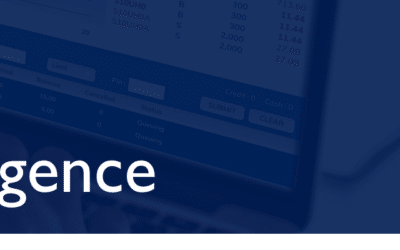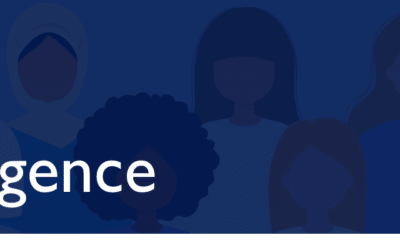We all know what commodities are; or at least, we should.
We all know what trust is; or at least, we have an understanding that it is driven by both logic and emotion.
And, most of us will also know – if only intuitively – that open communication is paramount to building and maintaining trust.
When nurtured, trust can develop into advocacy for both the individual delivering the message and the organisation they represent.
In times of crisis, innate human behaviour drives an insatiable desire for strong leadership in the face of adversity, supported by clear information and direction.
Trust in the current environment is morphing into the ultimate commodity; perhaps trust already is the ultimate commodity.
It genuinely means life and death – how will citizens respond to official health advice and directives if they don’t trust their government or, more importantly, the person that is delivering the message?
Australia’s level of trust in Prime Minister Scott Morrison has certainly improved in recent weeks; actions speak louder than words and leading us through this unprecedented situation is benefitting his brand.
In mid-March 2020, a Roy Morgan survey on ‘Trust’ and ‘Distrust’ of government leaders found New Zealand Prime Minister Jacinda Ardern had the highest ‘Net Trust Score’, meaning the ‘Trust’ felt toward the NZ leader far outweighed the ‘Distrust’.
Prime Minister Scott Morrison didn’t crack the top 10.
However, just a fortnight later on 5 April, a Newspoll confirmed that the PM is enjoying the highest public approval rating of any Australian prime minister since Kevin Rudd in 2009, during the GFC.
Words and actions from the PM are aligned – alignment of messages and measures are vital in these strange times, for businesses and governments.
In January, the renowned Edelman Trust Barometer was released, recognising that people grant their trust based on two distinct considerations: competence (getting things done) and ethical behaviour (doing the right thing and working to improve society).
Global chief, Richard Edelman, outlined the “stagnating situation for trust” and highlighted the need, née demand, for a paradigm shift in mentality for business; specifically, greater collaboration between business and NGOs, NFPs and Governments.
And that shift is already occurring, with the pandemic unifying business and government, and society more broadly. What the world looks like after this, who knows? But it won’t be the same.
What will remain is trust, as the bedrock of high performing teams across the public and private sectors.
Right now, trust is everything. For teams, for leaders, for businesses, for partnerships and for all of us enduring this challenging period, it’s critical.
Trust is earned, through consistency, honesty and care.
It was Ernest Hemingway who said: “The best way to find if you can trust somebody is to trust them.”
Pretty simple, really.
Let’s trust each other and ensure we remain trusted partners, teammates, neighbours and citizens throughout this crisis, to set us all up for success in the post-COVID-19 environment.


